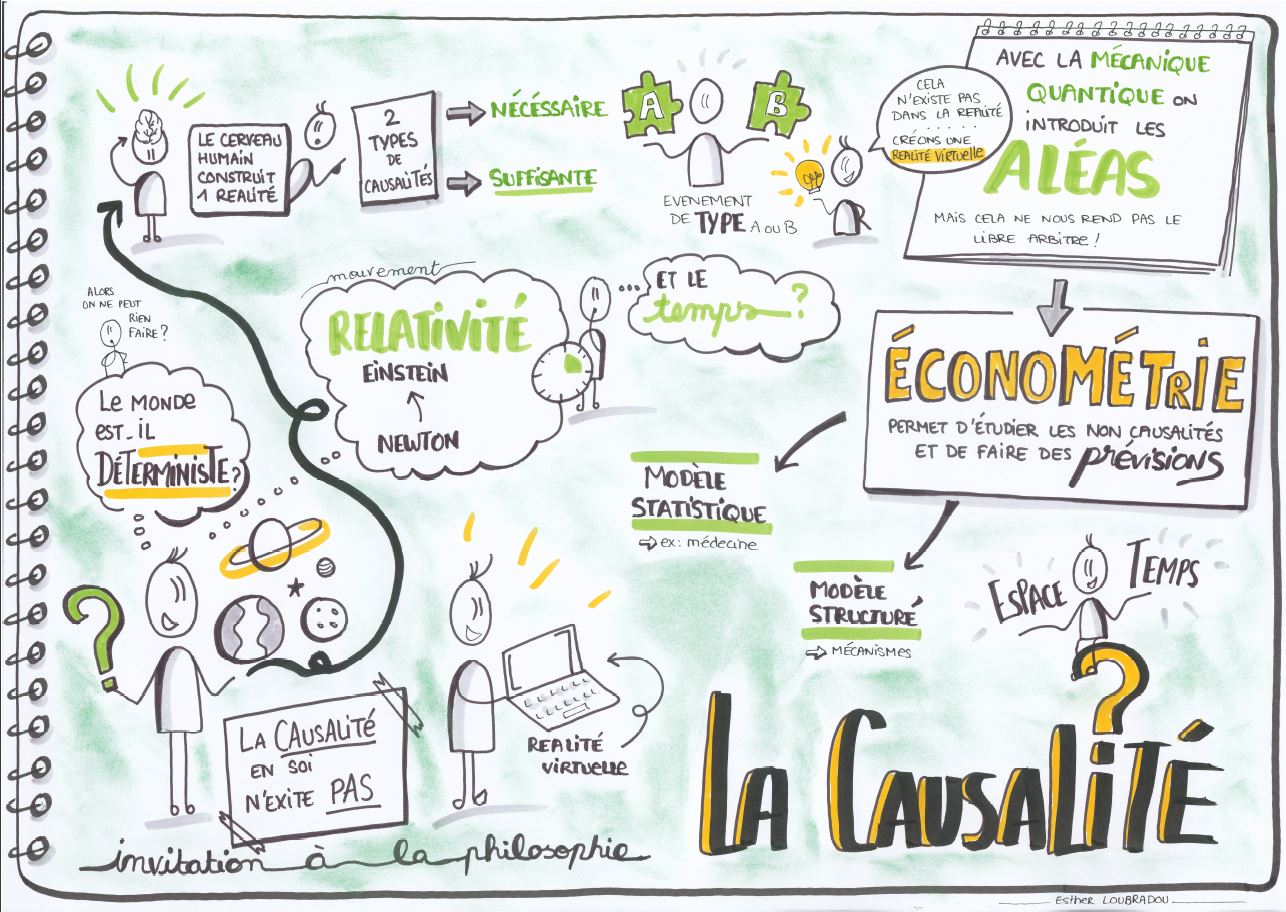Toute entreprise scientifique qui vise une meilleure explication et une meilleure compréhension de son domaine d'application doit s'appuyer sur une bonne prise en compte de la causalité. Toutes les disciplines s'accordent sur le point qu'une cause précède son effet. Cependant, notre conception du temps a beaucoup évolué, en physique, tout au long du XXe siècle avec notamment la théorie de la relativité et l’apparition de la physique quantique, et son statut n'est toujours pas fermement établi. Russell Davidson propose un survol du statut de la causalité, à travers une courte histoire de la physique du XIXe et XXe siècle, menant à l’économétrie, aux statistiques et modèles économiques actuels.
Russell Davidson est professeur à Aix-Marseille Université et à l'Université McGill. Il a obtenu un doctorat en physique théorique de l'Université de Glasgow en 1966 et un doctorat en économie de l'Université de Colombie-Britannique en 1977. Ses travaux portent surtout sur l'économétrie (étude statistique des données de l'économie).
Retrouvez une vidéo de Russell Davidson sur le sujet







